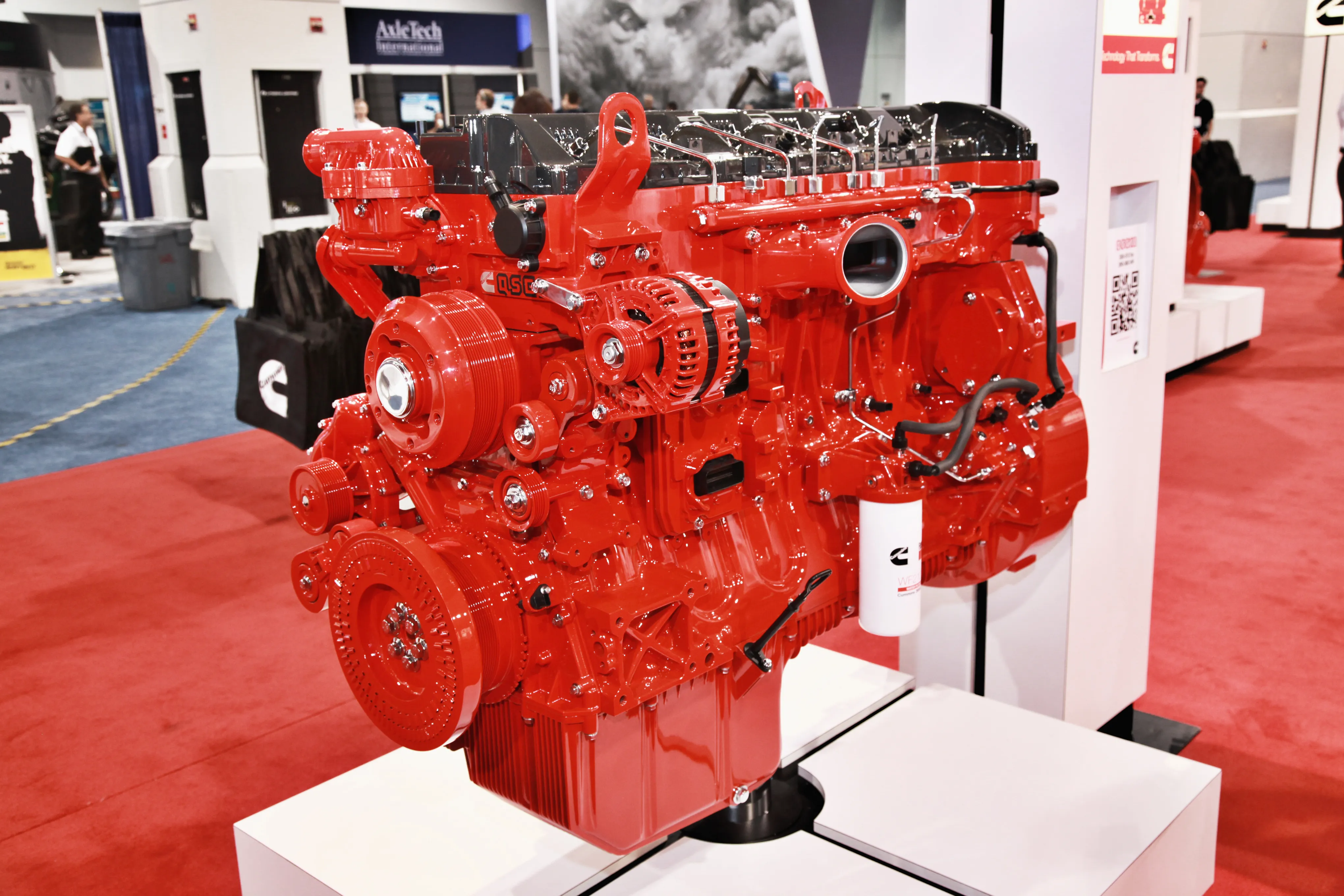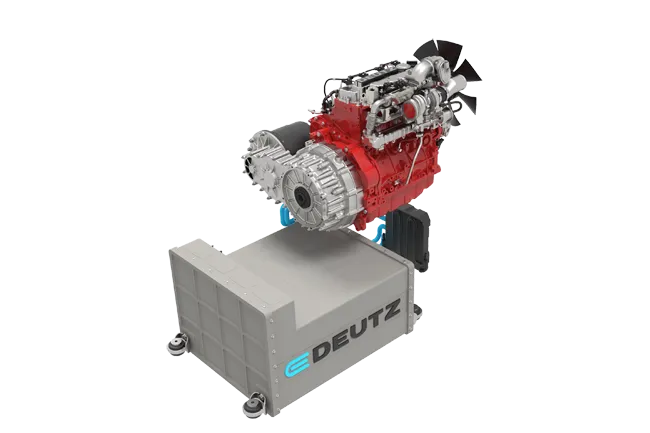Innovations in technology are set to improve the efficiency of the next generation of electric and hybrid cars currently in development. Improvements in motors and drivetrains, along with new materials for batteries, will make major efficiency gains for future electric and hybrid cars. UK-based low carbon engine technology specialist, Controlled Power Technologies (CPT), says that one advance will come through a new 48V standard that has been put forward by major vehicle manufacturers. According to CPT this
November 6, 2012
Read time: 2 mins
Innovations in technology are set to improve the efficiency of the next generation of electric and hybrid cars currently in development. Improvements in motors and drivetrains, along with new materials for batteries, will make major efficiency gains for future electric and hybrid cars. UK-based low carbon engine technology specialist, 6839 Controlled Power Technologies (CPT), says that one advance will come through a new 48V standard that has been put forward by major vehicle manufacturers. According to CPT this standard will provide a good compromise on performance as it will help with energy recuperation. It will boost fuel efficiency for hybrid cars as well as conventional internal combustion engine vehicles. Overall, the standard could help cut global CO2 emissions, a key priority for the transport sector as whole as this has been identified as a major emitter. The transport sector has just 10 years to reduce emissions by 30% to meet the 2022 deadline set by regulators. New standards for fuel economy and CO2 emissions require the vehicle industry to use technologies such as exhaust gas energy recuperation as well as kinetic energy recovery. And CPT says that electro-mechanical recovery systems could well deliver many of the efficiency gains needed to reduce CO2 emissions.







